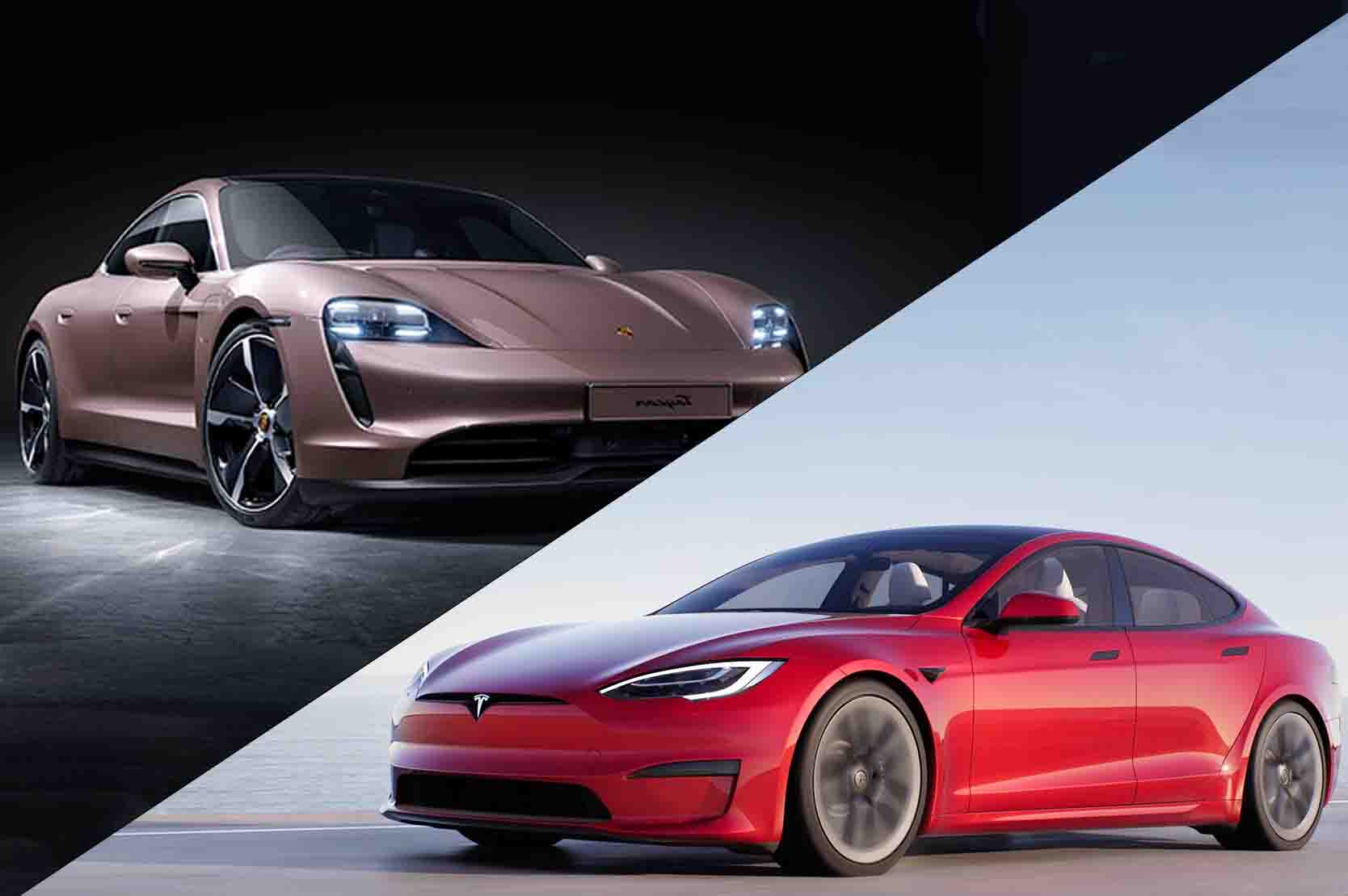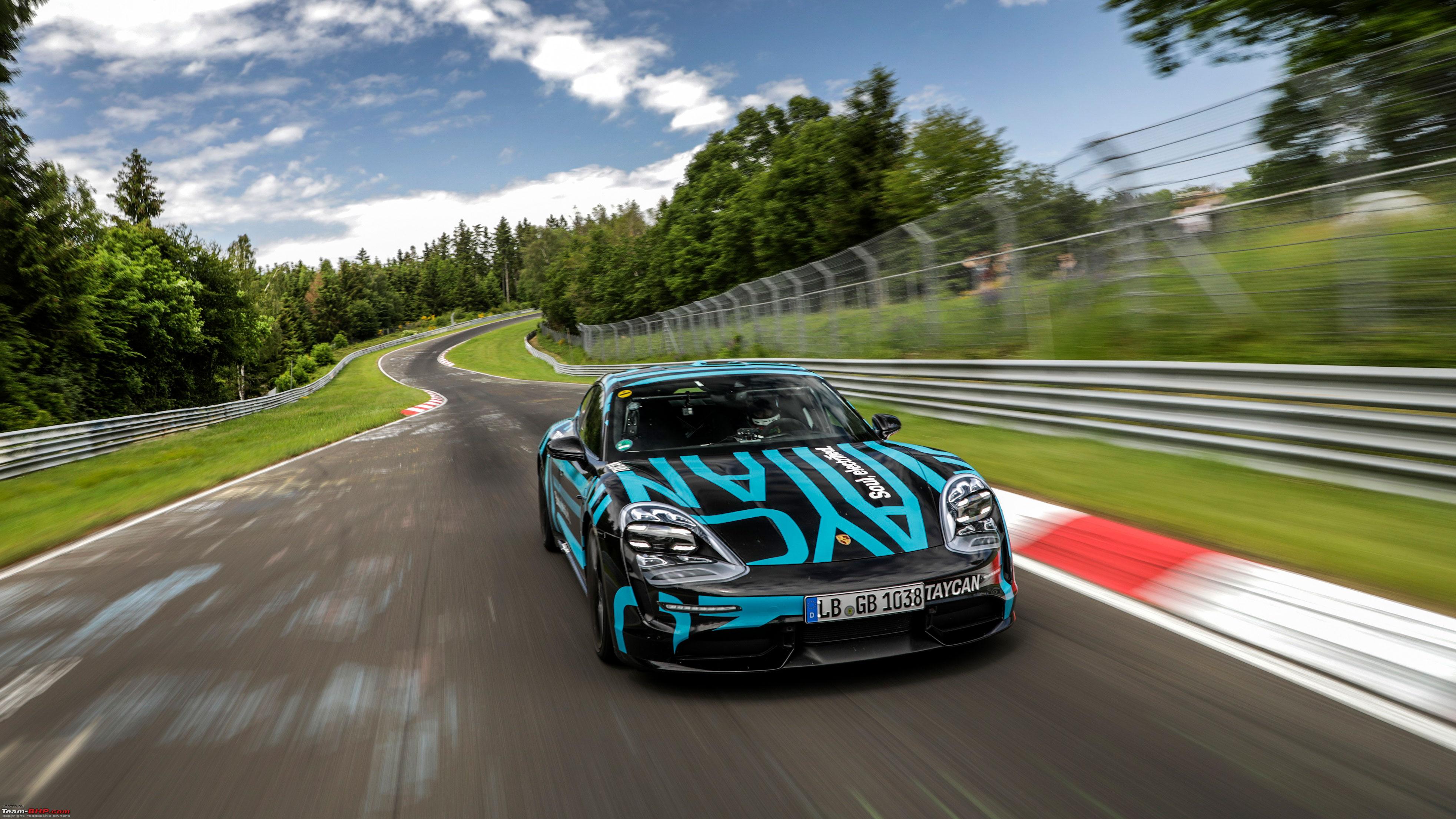Porsche Vs. Tesla: The Battle Of Electric Excellence
Share
The automotive landscape is undergoing a seismic shift as electric vehicles (EVs) gain traction among enthusiasts and daily drivers alike. Two brands that stand out in this renaissance are Porsche and Tesla, both known for their performance pedigree and innovative technologies. This blog post delves deep into the head-to-head competition between the iconic German automaker and Silicon Valley’s groundbreaking pioneer.

Evolution of Electric Vehicles
The rise of electric vehicles has redefined how the world perceives mobility, offering cleaner, quieter alternatives to traditional combustion engines. Tesla, founded by Elon Musk and his team in 2003, has been at the forefront of this revolution with its cutting-edge technology, extensive charging network, and substantial range. Meanwhile, Porsche, known for its heritage in high-performance sports cars, has also entered the EV race with the Taycan, a vehicle that blends speed with sustainability.

Performance Prowess
When it comes to performance, Porsche has always been synonymous with speed, precision, and agility. The Taycan mirrors these traditional attributes with cutting-edge electric performance. The Taycan's dual-motor system generates up to 750 horsepower and reaches 0-60 mph in as little as 2.4 seconds in Turbo S form. It merges thrilling performance with efficiency, embodying Porsche's racing heritage while embracing modern technology.
In contrast, Tesla has set benchmarks for electric performance with models like the Model S Plaid, generating a staggering 1,020 horsepower and achieving a blistering 0-60 mph in just 1.99 seconds. Tesla's approach emphasizes raw power and straight-line speed, making it a formidable competitor.

Driving Experience
Driving a Porsche is often described as an emotive experience. The involvement of the driver is paramount, and the Taycan successfully translates that ethos into an electric vehicle. Equipped with an 800-volt architecture, the Taycan's performance can instantaneously adjust to driving inputs, ensuring a connected feel while the Porsche Active Suspension Management maintains an optimal ride quality.
On the flip side, Tesla’s focus on technology is evident through its Autopilot and Full Self-Driving capabilities. While you can experience exhilarating acceleration in a Tesla, some purists argue that the driving experience lacks the engagement and feel cultivated by decades of Porsche engineering.

Technology and Features
Both brands are known for their innovative technology. Tesla’s large touchscreen interface is at the center of its user experience, providing a sleek, user-friendly layout that controls virtually all car functions. Frequent over-the-air updates mean that Tesla drivers can enjoy new features without needing to visit a dealership.
Porsche, in response, has designed an equally sophisticated infotainment system that includes a central touchscreen, customizable displays, and features aimed at enhancing the driver’s experience. Key to Porsche’s approach is maintaining a balance between technology and traditional driving aesthetics—aiming to cater to the driver rather than replacing them.

Charging Infrastructure
One of the notable advantages Tesla holds is its robust Supercharger network, designed for long-distance travel and fast charging. Tesla's charging initiative has paved the way for longer road trips, making it more convenient for drivers to manage their electric range.
Porsche recognizes the importance of charging infrastructure and has partnered with Electrify America to enhance charging networks for Taycan users. Although improving, it still lags when compared to Tesla's established system, which may affect those who prioritize long-distance driving.
Price and Value
When discussing Porsche vs. Tesla, price is a pivotal factor. The Porsche Taycan starts around $85,000 but can escalate significantly with additional features and options. In contrast, Tesla’s Model S offers a starting price around $95,000, potentially reaching upwards of $130,000 for the Plaid model. Each brand’s offerings reflect premier EVs that command high price tags, but they also provide unique value based on performance and technology.
Environmental Impact
Both brands prioritize sustainability, but they approach it differently. Tesla has long championed the electric-only ethos and has made strides in battery technology, advancing toward a more sustainable manufacturing process.
Porsche's commitment to reducing its carbon footprint is evident in the Taycan's production, which includes eco-friendly manufacturing methods and more sustainably sourced materials. As part of their corporate strategy, Porsche has pledged to become carbon neutral by 2030, addressing long-term sustainability concerns.
Conclusion: The Future of Performance EVs
The competition between Porsche and Tesla symbolizes a broader transition in the automotive industry towards electric mobility. Drivers looking for exhilarating performance may tip their hats to the Taycan, while those seeking revolutionary tech and robust infrastructure might gravitate toward Tesla.
Ultimately, both brands represent the future of not just performance vehicles but also a sustainable driving experience. As electrification continues to heat up, each brand will likely push the boundaries of technology and innovation to entice enthusiasts and eco-conscious drivers alike. Whether you’re a die-hard Porsche aficionado or a Tesla techie, the future is bright—and electric.
In the end, the choice between Porsche vs. Tesla boils down to personal preference—what excites you more? The visceral connection of a Porsche or the technological prowess of a Tesla? Whichever direction you lean, one thing is clear: the race has only just begun.